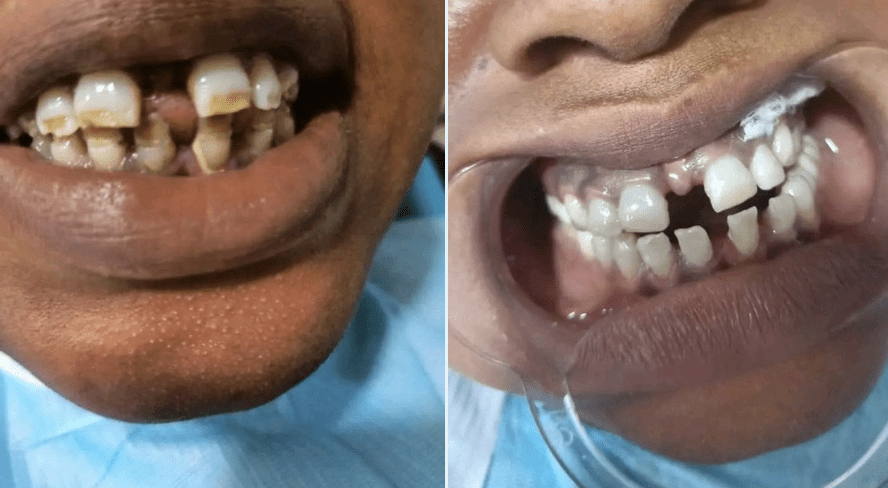Coffee consumption doesn’t increase abnormal heartbeats associated with an increased risk of the most common heart rhythm disturbance, according to a new study published Wednesday in the New England Journal of Medicine
What To Know About New Research On Coffee And Heart Risks
- Coffee consumption doesn’t increase abnormal heartbeats associated with an increased risk of the most common heart rhythm disturbance, according to a new study published Wednesday in the New England Journal of Medicine. Researchers monitored the hearts, activity, and sleep of 100 people without underlying heart conditions over two weeks.
- They found that the key cardiac risk marker remained about the same for coffee drinkers as it did for non-coffee drinkers. The irregular heart rhythm known as atrial fibrillation, can lead to dangerous blood clots that can cause stroke and heart failure.
UCSF Cardiology Researchers Report No Link Between Coffee Consumption and Arrhythmia
In the largest study of its kind, an investigation by UC San Francisco has found no evidence that moderate coffee consumption can cause cardiac arrhythmia.
In fact, each additional daily cup of coffee consumed among several hundred thousand individuals was associated with a 3 percent lower risk of any arrhythmia occurring, including atrial fibrillation, premature ventricular contractions, or other common heart conditions, the researchers report. The study included a four-year follow-up.
The paper is published on July 19, 2021, in JAMA Internal Medicine.
“Coffee is the primary source of caffeine for most people, and it has a reputation for causing or exacerbating arrhythmias,” said senior and corresponding author Gregory Marcus, MD, professor of medicine in the Division of Cardiology at UCSF.
“But we found no evidence that caffeine consumption leads to a greater risk of arrhythmias,” said Marcus, who specializes in the treatment of arrhythmias. “Our population-based study provides reassurance that common prohibitions against caffeine to reduce arrhythmia risk are likely unwarranted.”
While some professional societies suggest avoiding caffeinated products to lower the risk for arrhythmia, this connection has not been consistently demonstrated – indeed, coffee consumption may have anti-inflammatory benefits and is associated with reduced risks of some illnesses including cancer, diabetes, and Parkinson’s disease.

In the new study, UCSF scientists explored whether habitual coffee intake was associated with a risk of arrhythmia and whether genetic variants that affect caffeine metabolism could modify that association.
Their investigation was conducted via the community-based UK Biobank, a prospective study of participants in England’s National Health Services.
Some 386,258 coffee drinkers took part in the coffee research, with an average mean age of 56 years; slightly more than half were female. It was an unprecedented sample size for this type of inquiry.
In addition to a conventional analysis examining self-reported coffee consumption as a predictor of future arrhythmias, the investigators employed a technique called “Mendelian Randomization,” leveraging genetic data to infer causal relationships. As those with the genetic variants associated with faster caffeine metabolism drank more coffee, this analysis provided a method to test the caffeine-arrhythmia relationship in a way that did not rely on participant self-report and should have been immune to much of the confounding inherent to most observational studies.
With a mean four-year follow-up, data were adjusted for demographic characteristics, health and lifestyle habits.
Ultimately, approximately 4 percent of the sample developed an arrhythmia. No evidence of a heightened risk of arrhythmias was observed among those genetically predisposed to metabolize caffeine differently. The researchers said that higher amounts of coffee were actually associated with a 3 percent reduced risk of developing an arrhythmia.
The authors noted limitations including the self-reporting nature of the study, and that detailed information on the type of coffee – such as espresso or not – was unavailable.
“Only a randomized clinical trial can definitively demonstrate clear effects of coffee or caffeine consumption,” said Marcus. “But our study found no evidence that consuming caffeinated beverages increased the risk of arrhythmia. Coffee’s antioxidant and anti-inflammatory properties may play a role, and some properties of caffeine could be protective against some arrhythmias.”
THE FINDINGS
- Researchers found that drinking caffeinated coffee did not result in more daily episodes of extra heartbeats, known as premature atrial contractions. These extra beats that begin in the heart’s upper chambers are common and typically don’t cause problems. But they have been shown to predict a potentially dangerous heart condition called atrial fibrillation.
- They also found slight evidence of another kind of irregular heartbeat that comes from the lower heart chambers, called premature ventricular contractions. Such beats are also common and not usually serious, but they have been associated with a higher risk of heart failure. The researchers found more of these early beats in people on the days they drank coffee, but only in those who drank two or more cups per day.
- The volunteers logged about 1,000 more steps per day on the days they drank coffee—and they slept about 36 minutes less, the study found. There was almost no difference in blood sugar levels.
- One interesting result: People with genetic variants that make them break down caffeine faster experienced less of a sleep deficit, while folks with variants that lead them to metabolize caffeine more slowly lost more sleep.
More information: Gregory M. Marcus et al, Acute Effects of Coffee Consumption on Health among Ambulatory Adults, New England Journal of Medicine (2023). DOI: 10.1056/NEJMoa2204737




